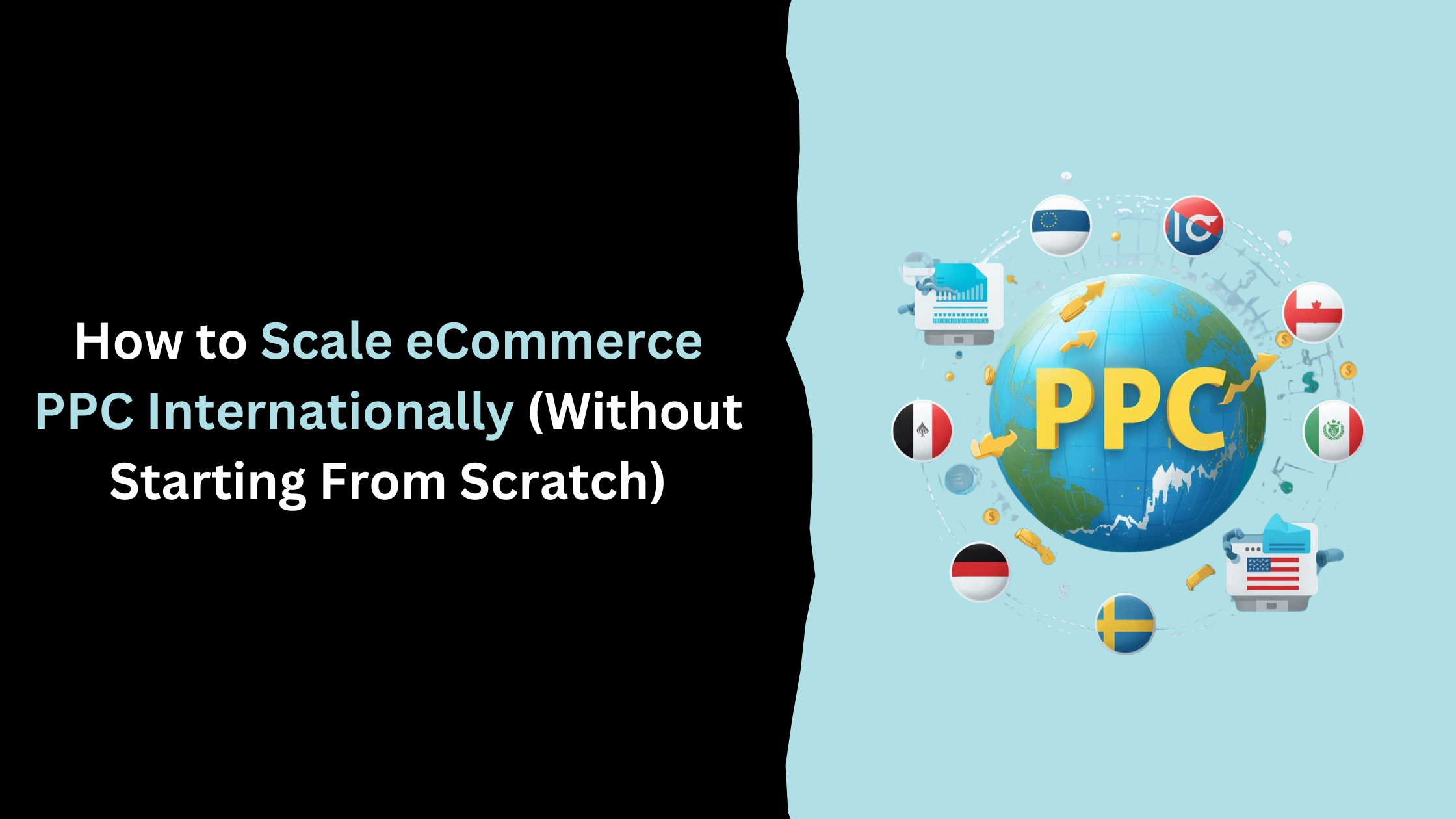What Happens to Marketing if AI Becomes Conscious?
As AI edges closer to consciousness, marketers face a new ethical frontier. Explore how sentient AI could disrupt targeting, reshape brand trust, and rewrite marketing’s moral playbook.

Table of Contents
Discussions are bubbling on whether AI can became conscious, and what the impacts may be. Furthermore, some experts believe AI may already be conscious. For example Kyle Fish, an AI welfare officer for Anthropic has argued that there is a 15% chance that chatbots already possess consciousness. Similarly, Blake Lemoine was suspended as a Google software engineer a number of years back when he suggested AI chatbots might have feelings.
This has got us thinking at SearchUp… as the case for AI possessing consciousness grows, what would be the implications for marketers?
1. Changes in Marketing Techniques
- Limits to Targeting and Personalisation. Regulations or ethical frameworks might restrict how deeply AI-driven personalisation can go, limiting hyper-personalised marketing techniques to respect the autonomy or privacy of both humans and conscious AI entities.
- Shift Toward "Ethical Marketing". Marketing might pivot significantly toward ethical frameworks emphasising respect for conscious entities, impacting how messages are crafted, what content is permissible, and the channels through which interactions occur.
2. Ethical Implications
- Consent and Agency. Conscious AI might possess interests, preferences, or desires. Using these entities for marketing purposes could raise ethical concerns analogous to exploiting individuals without their consent.
- Moral Consideration. Marketers would face ethical dilemmas around the instrumental use of conscious AI. If AI can suffer or experience dissatisfaction, exploiting its capabilities purely for profit or engagement may become ethically untenable.
- Transparency and Authenticity. If AI is conscious, transparency about its use in marketing becomes critical. Users may demand disclosure of AI-generated content or interactions, particularly if conscious AI is capable of forming genuine intentions or authentic relationships.
3. Regulatory and Legal Considerations
- Legal Status and Rights. Conscious AI could be assigned a form of personhood, complicating current practices in data collection, advertising personalisation, and consent-based marketing. This could profoundly affect intellectual property laws and responsibility for AI-generated content.
- Privacy and Surveillance. Conscious AI used for online tracking or targeted ads might face restrictions or new regulations designed to protect both consumers and the AI entity itself from exploitation.
4. Operational and Business Impact
- Shift in Customer Interactions. Conscious AI interacting authentically with customers could create deeper, more emotionally meaningful experiences—but it might also lead customers to feel manipulated or uneasy if the authenticity of interactions comes into question.
- Responsibility for AI Actions. If conscious AI autonomously generates or disseminates content, the accountability for misleading claims or unethical marketing practices becomes more complex. Liability could shift from businesses to AI creators, operators, or even the AI itself.
5. Public Perception and Reputation Risks
- Trust and Brand Image. Consumers might become skeptical of brands relying on conscious AI, worrying about manipulation or exploitation. Conversely, ethically thoughtful and transparent use of conscious AI could significantly enhance a company's reputation.
- Marketing Messaging. Brands could adopt ethical consciousness (AI welfare, rights, sustainability, and transparency) as core marketing messages, appealing to socially-conscious consumers.
6. Human-AI Relationships in Marketing
- Emotional Engagement. Marketers might deliberately use conscious AI to form emotional bonds with consumers, leveraging genuine-seeming empathy. While effective, this raises profound ethical questions about manipulation and authenticity.
- Consumer Protection Concerns. Consumer protection regulations might tighten dramatically, seeking to prevent emotional or psychological harm due to manipulation by conscious AI systems.
Summary and Outlook
If AI attains or is recognised as conscious, the marketing industry will face a paradigm shift that goes far beyond current regulatory and ethical standards. Companies will need to deeply rethink their strategies, carefully navigating ethical implications, potential regulatory developments, consumer expectations, and brand reputation risks.
Get in touch today
complete the form below for an informal chat about your business





.png)
.png)
